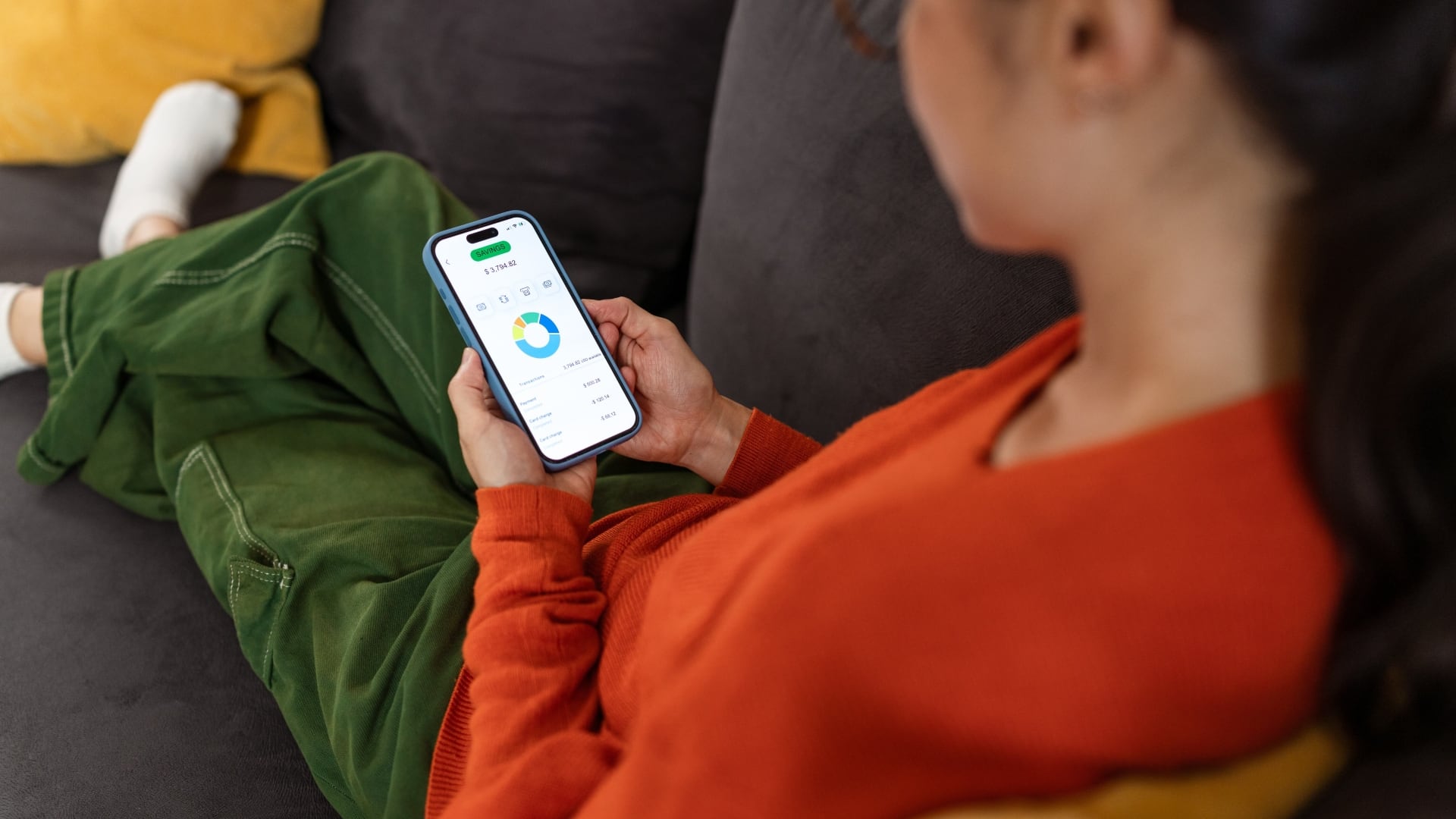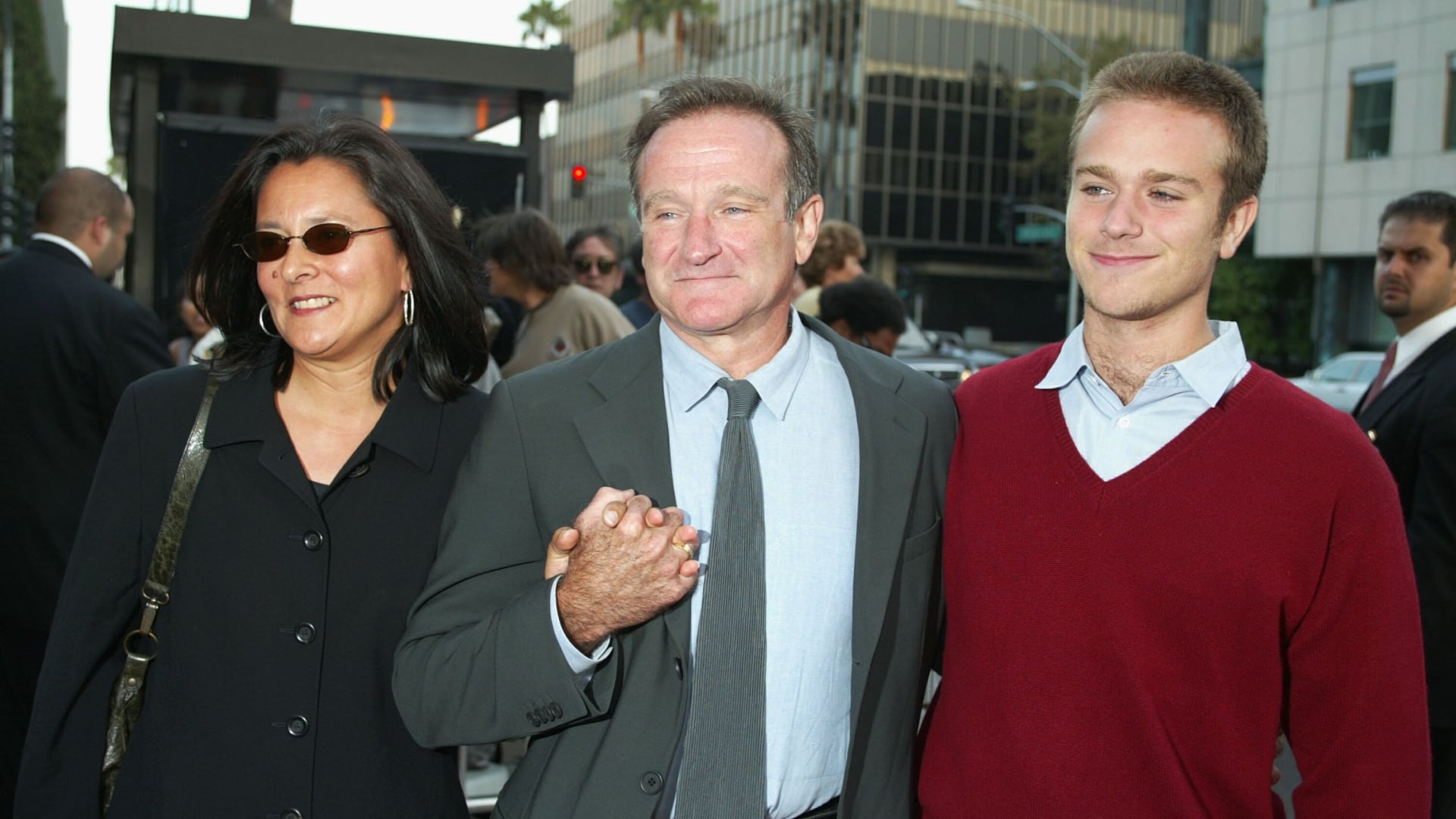Fritz Lanman, CEO of ClassPass discusses the company's announcement of 'ClassPass Live,' which will launch in the first quarter of 2018. The new live subscription classes are proprietary to ClassPass, and were created for the consumer that does not have time to go to fitness studios. The subscription service will cost $15 per month for non-existing ClassPass users, and $10 per month for those that already have a membership. The classes will focus on high-intensity workouts for the consumer looking to get in a "quick sweat" from home. We speak with Lanman about the company's profitability. He notes that from the launch of "Live" in the first quarter of 2018, he expects the company to make money off of the product. When it comes to picking instructors, the company held an audition process, hiring instructors that would get people as motivated to exercise from their living rooms as they would be in a class.








